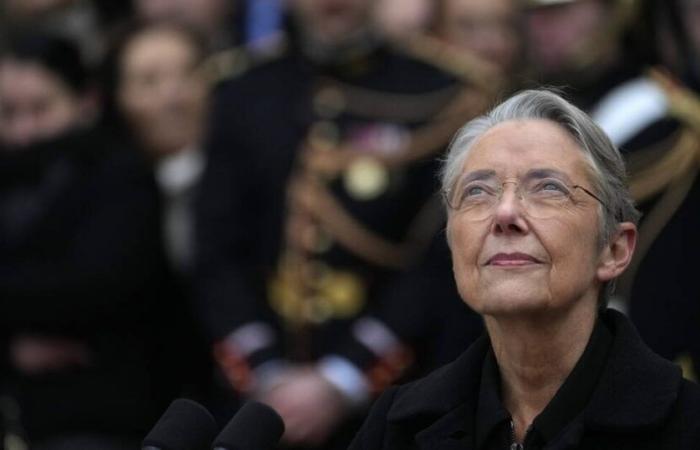
The teachers' representatives, scalded by the use of 49.3 on the pension reform which they had mobilized against, note however that it seems well placed to win arbitrations in favor of the school.
Nothing to rejoice in the world of education. The unions reacted coldly to the appointment of Elisabeth Borne Monday evening as Minister of National Education. They criticize in particular her recurring forceful passages with the 49.3 when she was at Matignon and warn that she will not benefit from any “state of grace”.
“Elisabeth Borne is the Prime Minister of the pension reform against which teachers have massively mobilized, she is also the one who worn and abused from 49.3», recalls Sophie Vénétitay, general secretary of Snes-FSU, the main secondary education union. While Guislaine David, joint general secretary and spokesperson for the Snuipp-FSU union, even speaks of «provocation».
Elisabeth Allain-Moreno, general secretary of the SE-Unsa union, however, believes that the “management of a ministry as important as National Education by a former Prime Minister” fact that she will know the “different ministerial portfolios in order to be able to influence the debates” and negotiations. Especially since Elisabeth Borne, Minister of State, appears in first place in the government's protocol order. A sign that François Bayrou seems to want to give him free rein.
Sophie Vénétitay also remembers that “during her rare speeches on Education, Elisabeth Borne demonstrated a desire to profoundly transform the school.” The trade unionist, however, warns that the former Prime Minister, who is also Minister of Higher Education and Research, “will not have a second of grace” in a “school on the brink”.
The teachers' representatives are calling on him in particular to reverse the job cuts that had been planned by the outgoing government of Michel Barnier. They also ask him to cancel the so-called reform of “clash of knowledge” initiated by Gabriel Attal and continued by outgoing minister Anne Genetet. “If the course set for several months is maintained, National Education staff will mobilize to challenge it again,” warns Guislaine David. Another key point: making the resumption of teaching in Mayotte a priority, after the passage of Cyclone Chido.
Concerns in higher education
On the higher education side, where Philippe Baptiste, director of the National Center for Space Studies (Cnes), was appointed Minister Delegate in charge of Higher Education and Research, the unions here too appear reserved: “It seems that we are losing a full-time minister in a situation where we have never been so bad in budgetary terms,” notes Anne Roger, general secretary of Snesup-FSU, the leading higher education union.
Philippe Baptiste, former deputy general director of the CNRS, is notably the former chief of staff of former minister Frédérique Vidal, who was in charge during the design of the highly criticized higher education application platform Parcoursup. For Anne Roger, the choice of Baptiste Philippe therefore does not mark “no break” with the policies of previous governments: “We are very worried.”





